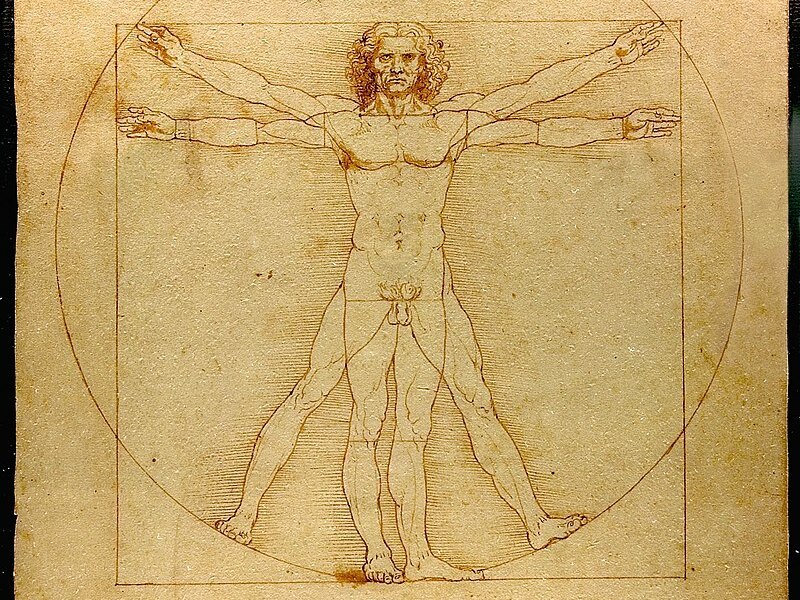HUMS 205, Boundaries of the Body in Law and Literature

Course Description:
The representation of the human body in law and literature. Bodies as physical structures that inhabit multiple realms, including material, cultural, historical, and symbolic. Ways in which humans think about and give meaning to their bodies in relationship to themselves and to others. Additional sources include film, television, and journalism.
Led by:
 |
Professor Lizarribar earned a Bachelor of Arts degree in comparative literature and in French language and literature, with highest honors in both concentrations, from Brandeis University; her Ph.D. in comparative literature from Harvard University; and her J.D. from Harvard Law School. Born and raised in San Juan, Puerto Rico, Lizarríbar has studied in Paris and Siena, and has traveled throughout Africa and the Caribbean. She speaks four languages: Spanish, English, French, and Italian. Her teaching and research interests center on post-colonial literatures. As an instructor, Lizarríbar has taught in the literature and the history and politics sections of the Directed Studies Program. Outside of the academy, Lizarríbar has worked as an attorney in government and private practice, and has been admitted to the Bar in Massachusetts, Puerto Rico, and the District of Columbia. As an editor and translator of a wide range of specialized texts, she has combined her legal and language skills as a court interpreter for the district and superior courts in the Boston metropolitan area. |
Testimonials:
This course has been offered every year since the Fall of 2013. Testimonials come from student course evaluations:
- “Dean L is an amazing human being, and she is an absolute delight to share a classroom with.”
- “If you want to talk about controversial topics, like abortion, euthanasia, and cannibalism, and have your opinions challenged then this is the class for you.”
- “It’ll be pretty challenging to get a spot because it’s so popular (for good reason), but if you have any interest in the grotesque and the moral questions surrounding those topics, it’s worth the attempt”